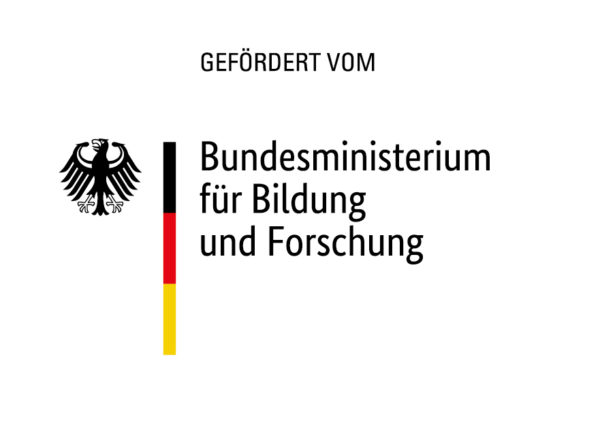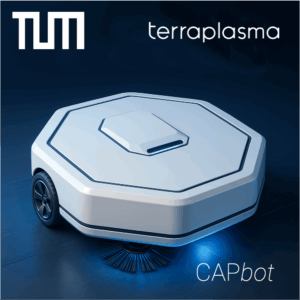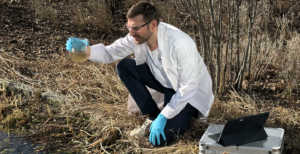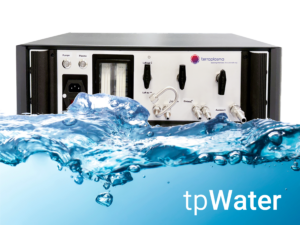The BMBF joint research project “Disinfection of exhaust air from respiratory equipment with cold plasma (respiratory hygiene)” was approved on 8.8.2022 which begins from 1.9.2022 for three years and is funded by the BMBF with the funding code 13GW0599A. The project is being carried out together with partners from the Fraunhofer Gesellschaft (IKTS, Dresden and IZI, Leipzig) and the companies QSIL Ceramics GmbH and Inmatec Technologies GmbH under the coordination of terraplasma GmbH – and has a total volume of approx. 3 million €.
Project description
Project description
“Hospital Associated Infections (HAI)” are not only a corona phenomenon in Germany with up to 600,000 infections and 20,000 deaths annually. The increase in multi-resistant pathogens is particularly critical. According to a study by the AMR Industry Alliance, deaths due to drug resistance could rise to about 10 million worldwide in 2050.
HAIs are particularly prevalent in intensive care units (ICUs) and 98% of HAIs in ICUs are associated with intubation. The spread of pathogens through ventilation and suction equipment is a critical point in the protective technology used to date. Germs are filtered but not killed. The daily change and disposal of filters is therefore a permanent danger for hospital staff and patients.
The solution approach of our project is the combination of proven filters with built-in plasma modules for the inactivation of bacteria and viruses directly in the respiratory exhaust air or in the suction area of the devices. The plasma treatment is based on highly efficient physical processes that prevent the formation of resistance.
The intended development of a stable and cost-effective ceramic plasma electrode, together with a robust and reliable disinfection technique, will make a significant contribution to safety in hospitals and other healthcare facilities.




